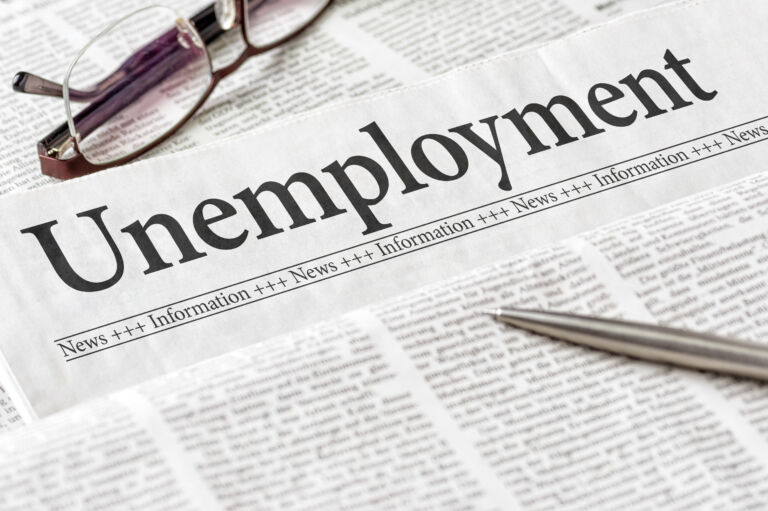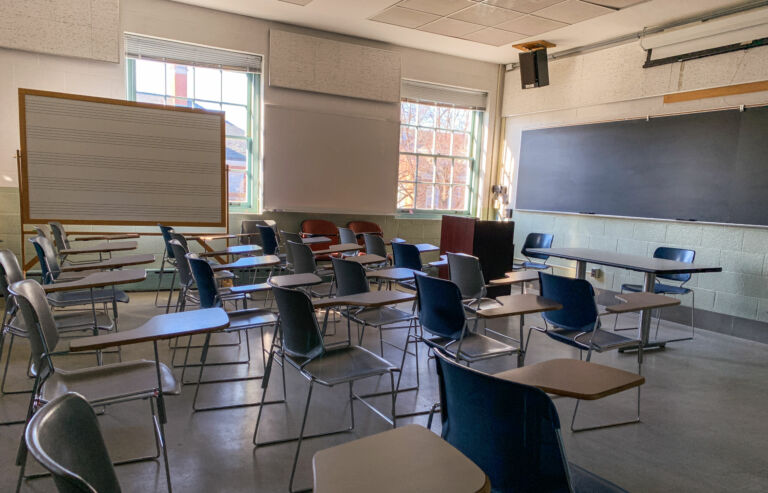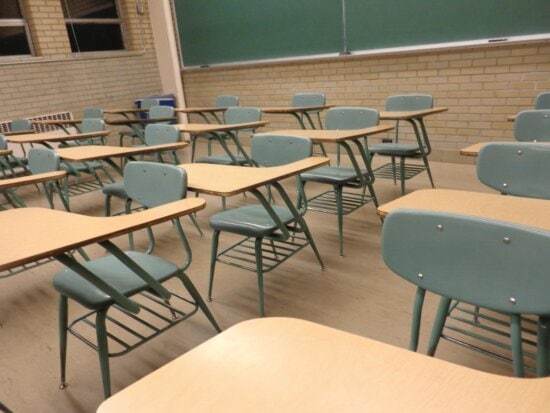Nat Malkus of the American Enterprise Institute testified recently on Capitol Hill about responding to COVID-related learning loss.
Without substantive changes in the near future, especially considering that districts still have substantial ESSER funding to take bold action, hopes of a substantial recovery for this academic generation are dwindling. This reality is underscored by recent data from NWEA on the pace of recovery in the 2022–23 school year for grade 3–8 students in reading and math.vi Those data show that in the 2021–22 school year, students had made slightly faster progress compared to pre-pandemic trends, but in the 2022–23 school year academic progress actually fell below pre- pandemic trends for grades 4 through 8, and fell substantially in middle grades. Simply put, academic recovery requires students to learn faster than their pre-pandemic peers to close the pandemic gap, but in the past year students in this sample learned more slowly than their pre- pandemic peers.
The recovery challenge schools and students face is daunting, and I do not purport to have easy solutions or quick fixes to offer. However, a greater sense of urgency is an essential element that I believe, though not sufficient, is necessary for substantive progress on academic recovery. A number of measures have been offered by districts to help student make up lost ground, two of the most promising being intensive tutoring and increased learning time. Both measures have a clear logic and empirical evidence suggesting they may hasten the academic progress of students. However, these efforts will not be productive unless students actually participate in them. Available data and reporting suggest that even when tutoring is offered, too many parents do not know about it and too few students participate regularly. One national survey in December 2022 found that about 15 percent of households reported their student was receiving any tutoring, and that just two percent were receiving the kind of high intensity tutoring that promises substantial progress.


